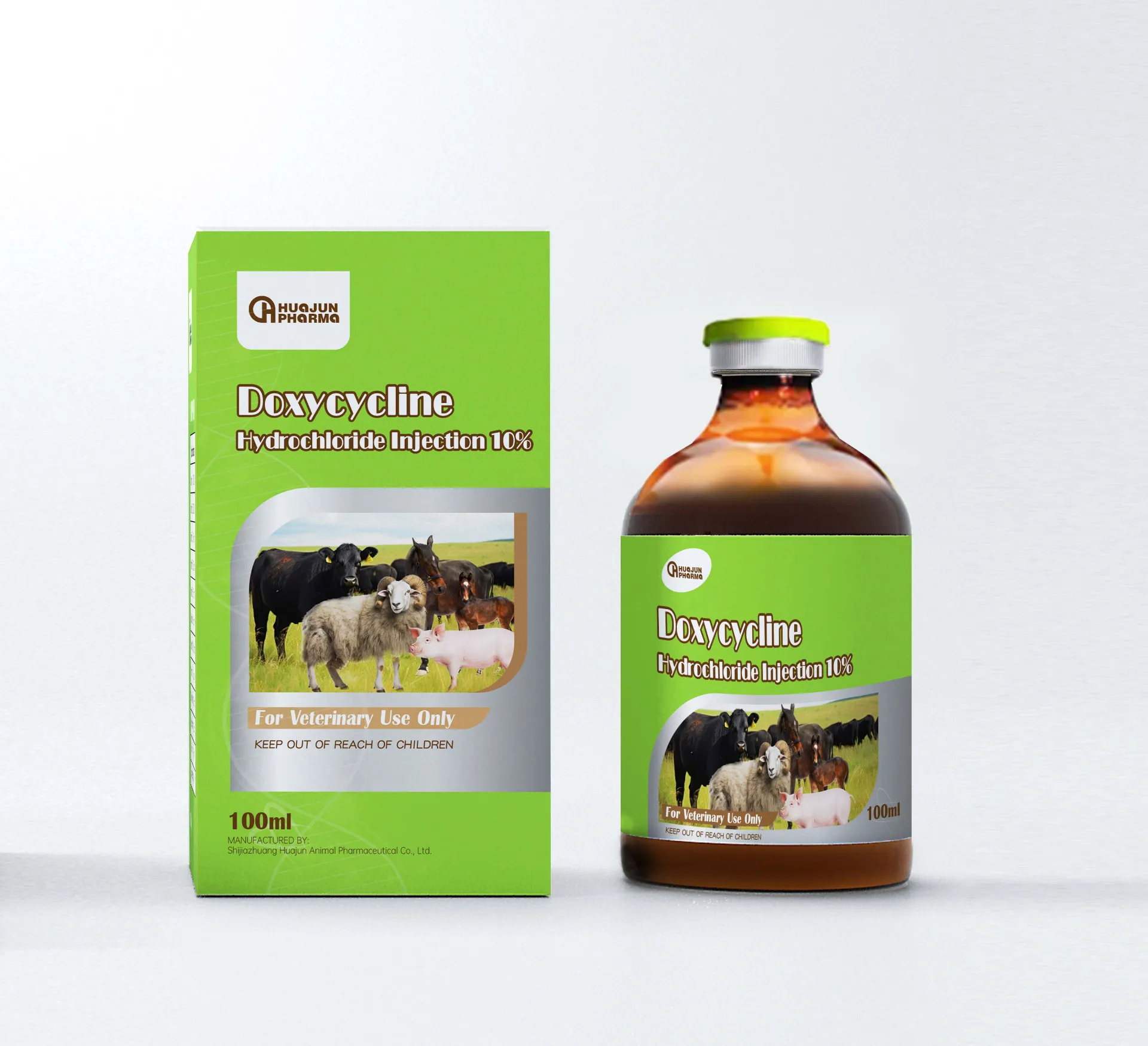
נוב . 01, 2024 02:00 Back to list
Tiamulin Suppliers for Swine Health Solutions and Veterinary Needs
Tiamulin for Pigs An Essential Supplier Overview
Tiamulin is a notable antibiotic widely used in veterinary medicine, particularly in the swine industry. As suppliers of tiamulin continue to play a crucial role, understanding its importance and applications can help pig farmers maintain the health of their livestock, optimize production, and ensure the overall sustainability of their farming operations.
What is Tiamulin?
Tiamulin is a member of the pleuromutilin class of antibiotics, derived from the fungus *Pleurotus mutilus*. It is primarily effective against a range of Gram-positive bacteria and certain Gram-negative bacteria. In pigs, tiamulin is primarily used to treat respiratory and entero-pathogenic infections caused by pathogens such as *Mycoplasma hyopneumoniae* and *Brachyspira hyodysenteriae*. The use of tiamulin is particularly important in controlling diseases that can lead to significant economic losses in pig farming.
The Role of Suppliers
Suppliers of tiamulin are essential in ensuring that farmers have access to quality products that meet regulatory standards. They provide various formulations ranging from premixes to injectable solutions, allowing farmers to choose the right application method for their specific needs. A reputable supplier will also ensure that the product is sourced from reliable manufacturers who adhere to Good Manufacturing Practices (GMP), thereby guaranteeing safety and efficacy.
In today’s competitive market, it is crucial for suppliers to maintain strong relationships with their clients by offering not only high-quality products but also reliable support services. This may include guidance on dosage, administration techniques, and ensuring compliance with local regulations related to antibiotic use in livestock.
Benefits of Using Tiamulin in Pig Farming
tiamulin for pigs supplier

1. Disease Management One of the primary benefits of tiamulin is its effectiveness in managing infectious diseases. Timely treatment can prevent the spread of illness through the herd, reducing mortality rates and enhancing production efficiency.
2. Improved Growth Rates Healthy pigs grow faster and reach their market weight more efficiently. By using tiamulin to control infections, farmers can expect improved feed conversion ratios and overall growth performance.
3. Reduction in Antibiotic Resistance When used responsibly and in conjunction with other management strategies, tiamulin can contribute to the reduction of antibiotic resistance. This is crucial not only for animal health but also for public health, as antibiotic resistance remains a global concern.
Challenges and Considerations
While tiamulin is an effective tool, it is vital for farmers to use antibiotics judiciously. Reliance on antibiotics without proper management practices can exacerbate resistance issues. Farmers should work closely with veterinarians and suppliers to ensure that tiamulin is part of a comprehensive health and management program that prioritizes animal welfare and biosecurity.
Conclusion
The role of tiamulin suppliers in the pig industry is pivotal in safeguarding livestock health and promoting efficient production practices. As antibiotic resistance becomes an increasing concern, the focus must shift toward responsible usage and sourcing quality products that sustain the welfare of animals and the viability of the farming sector. By collaborating with reliable suppliers, pig farmers can ensure that they are equipped to face the challenges of modern livestock management effectively.
-
China Broiler Sudden Death Syndrome Solutions Supplier
NewsJul.26,2025
-
Copper Sulfate for Pond Factory - Reliable Manufacturer & Supplier Solutions
NewsJul.25,2025
-
High-Quality Scabies Mites from China | Custom Solutions & Bulk Supply
NewsJul.24,2025
-
Acute Salpingitis and Oophoritis Factory - Leading Manufacturer & Supplier
NewsJul.23,2025
-
Premium Coccidia Supplier from China – Custom Solutions & Factory Price
NewsJul.22,2025
-
Amoxicillin for Rats Factories | Manufacturer & Supplier
NewsJul.22,2025




